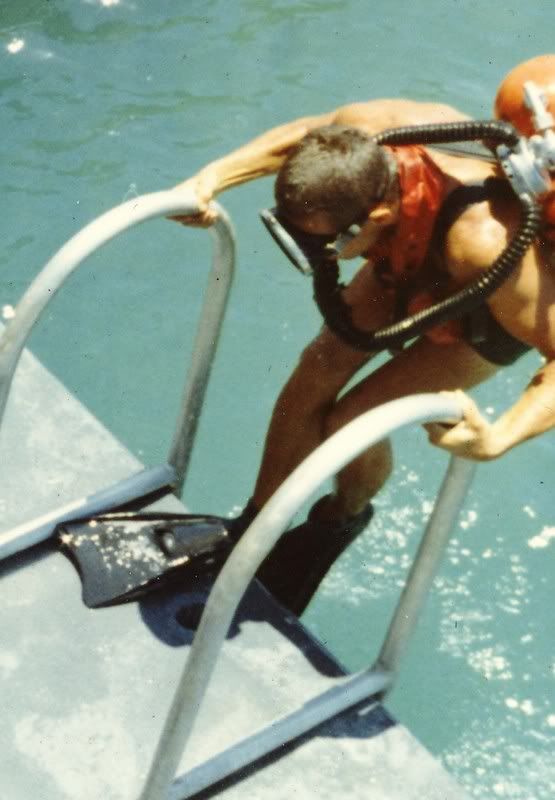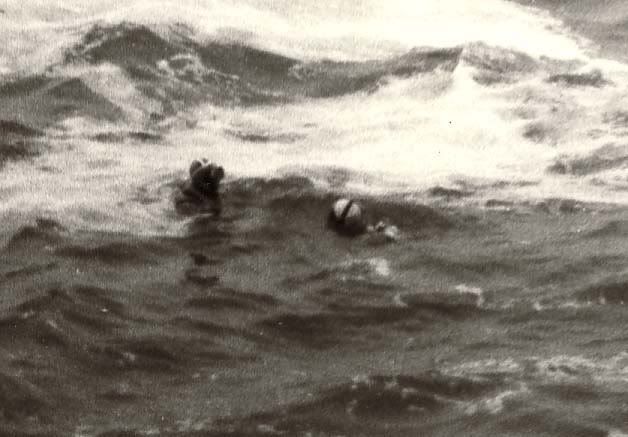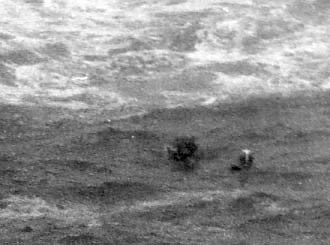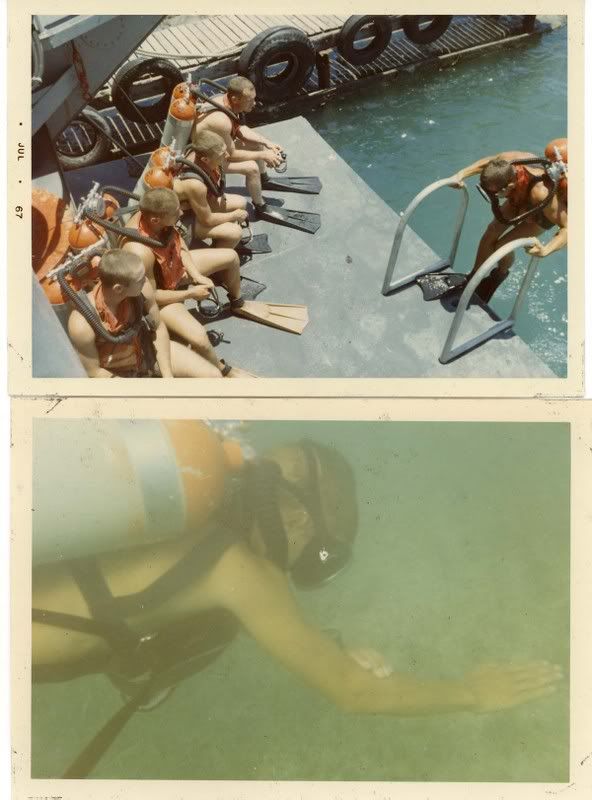I've been reading this, and thinking and thinking about it. Underwater navigation is an interesting subject. Humans tend to rely upon sight, but what happens when sight is not there. It can happen in caves, which is why they always use ropes and cords to ensure they know they way out. The same goes for caves. NAUI had a publication out years ago about technology in diving, and I have a copy of it at home. In it the writer (there were different instructors for different chapters) who noted that reduced-visibility diving was any diving when the visibility was under six feet. Well, that's about all I do here in Portland, Oregon. And I do it in rivers, where there is current. So I have been thinking about this problem since the thread came out.
I have dived in zero-visibility diving. Two examples are diving for a shotgun in a dump; I did not find it, but it was feel where you go all the way. I stayed in my wet suit until I got to the apartment, stripped it off in the shower, and showered with Dial soap (which is antibacterial). My buddy did not shower right away, and got a boil from the dive. But this was gropping around with a buddy line, trying to find the shotgun. The second was a dive in a log pond to try to find a guy's dentures. He had been on the small boat, and had fallen into the water. He came up spitting and flailing (he did have his PDF on though), and spit out his dentures. I didn't find them, but was lined to the surface just in case.
Also, in the U.S. Naval School for Underwater Swimmers, we had to dive in the harbor in zero visibility with a buddy line and as a buddy team put together a piece of equipment out of a bag (we had the pieces, but had to fit it all together, a flange and plate with screws, underwater). So zero visibility diving is a definite skill which needs to be learned.
This is a photo of a diver coming out of the water in the harbor at Key West, Florida.
I have dived with a buddy line several times, and at one time it probably saved me and my buddy when we got rolled by a 20 foot wave that kicked up while we were diving.
Our girl friends were watching, and took the two above photos (one before, and one after the wave). This was a 1/4 inch nylon line with brass snap hooks, and on a 2 inch nylon webbing belt for each of us. It allowed buddy contact throughout the experience. We were out for three and a half hours before the Coast Guard picked us up. Bruce, my buddy, lost his mask, and since he needed a huge correction to see he couldn't do much visually after loosing his mask.
So I'm wondering about the underwater navigation requirement for a compass. There are other means of navigating than by compass, and these include line diving (ask cave divers). I know it is handy, but many times I dive without looking at my compass at all. I do know that we had extensive compass work in the Navy too:
So I'm just thinking out loud on this, and trying to "see" what can be done.
John







